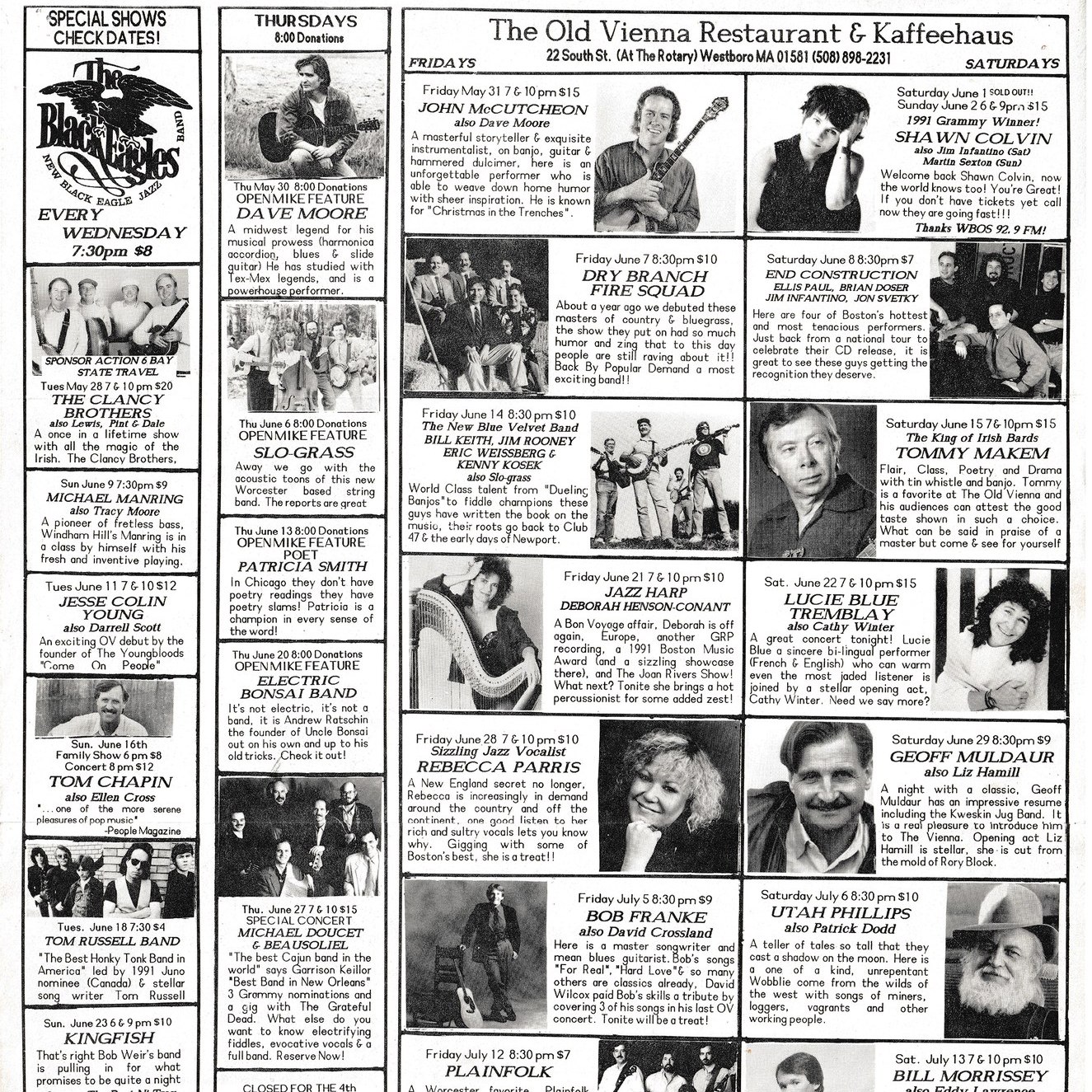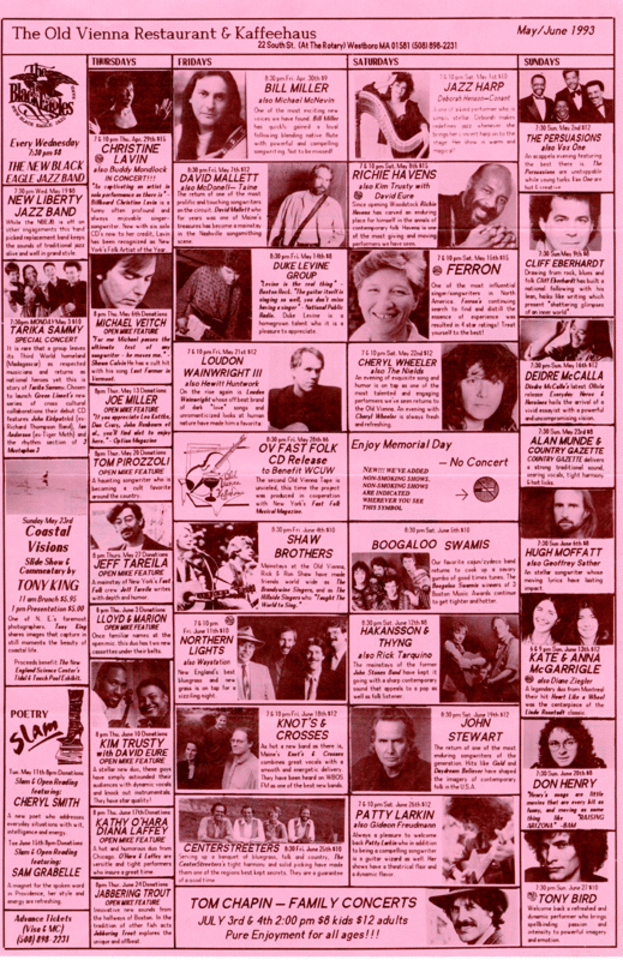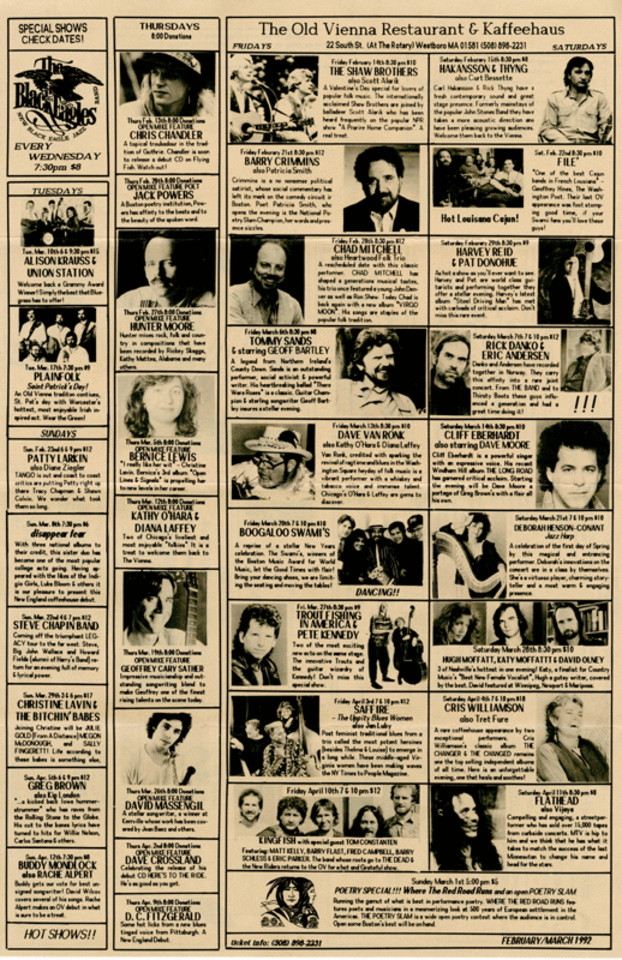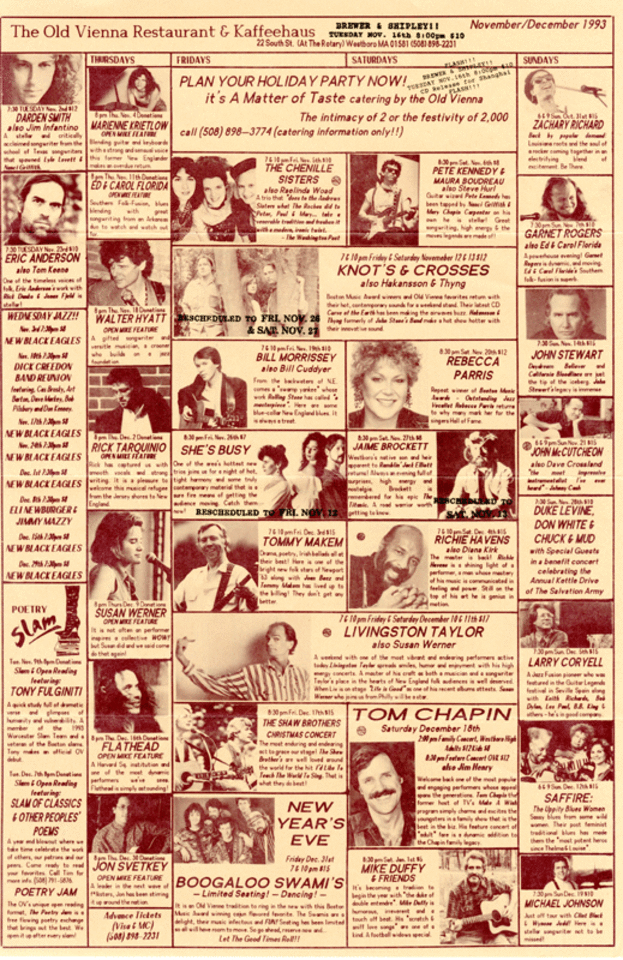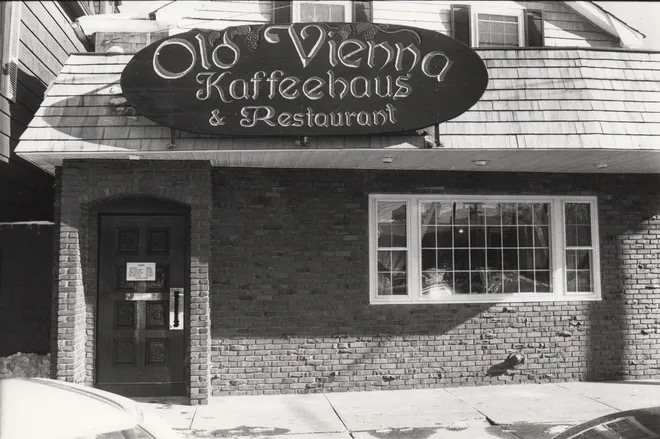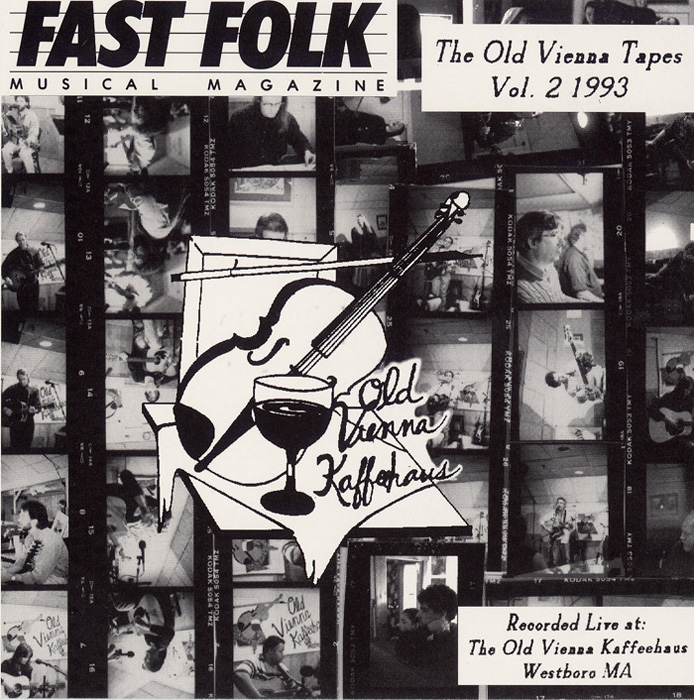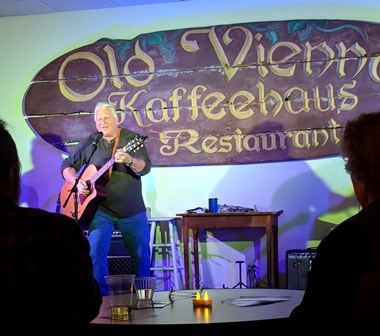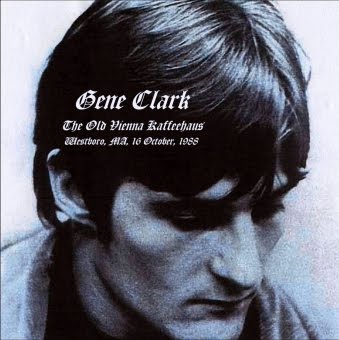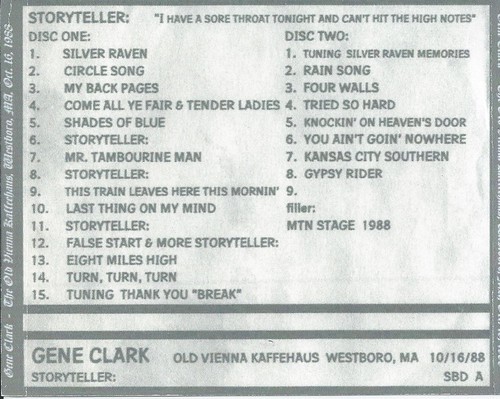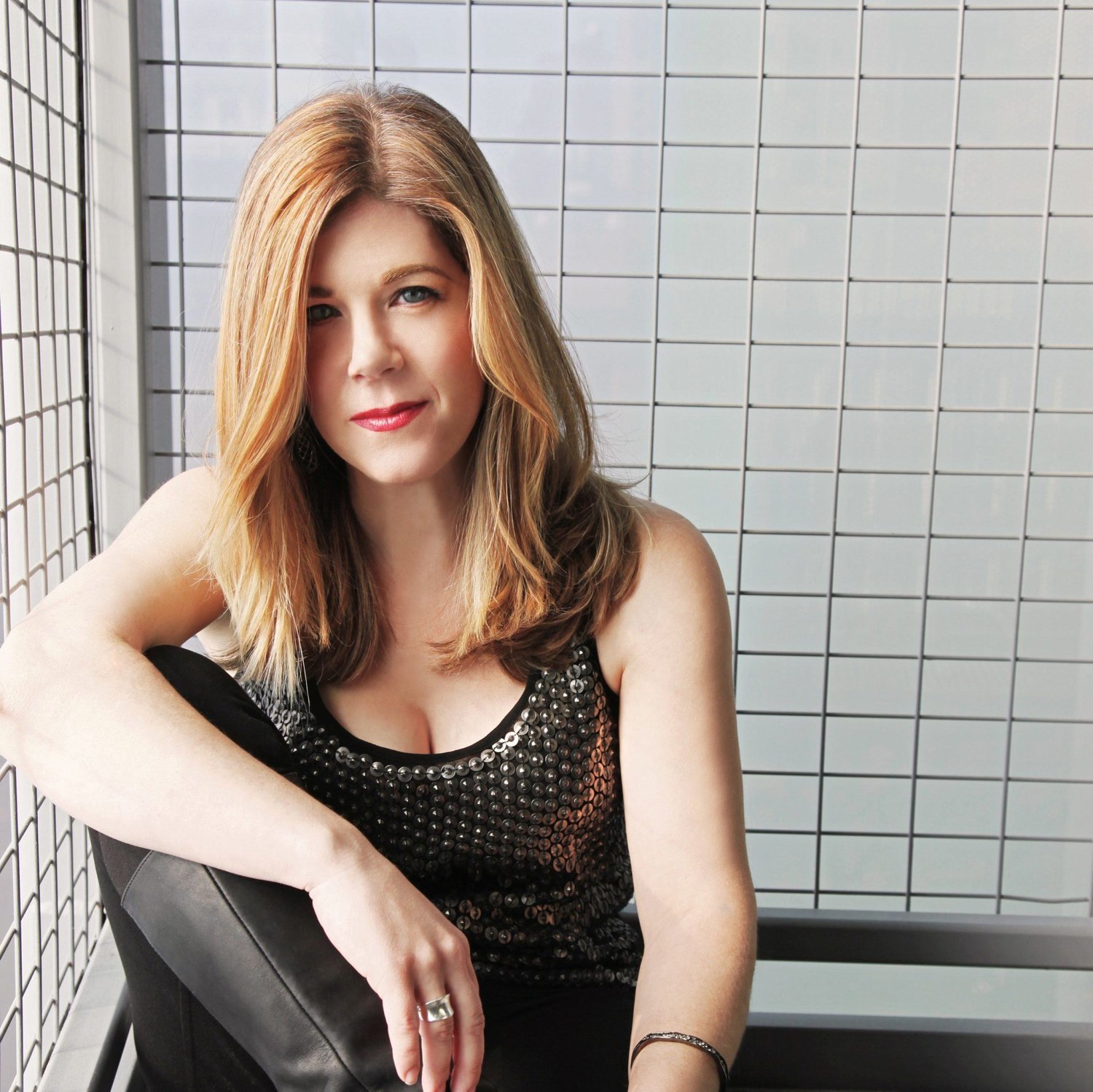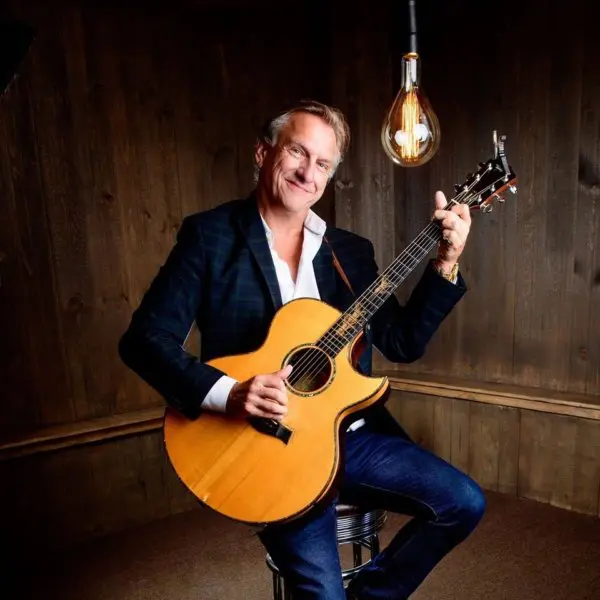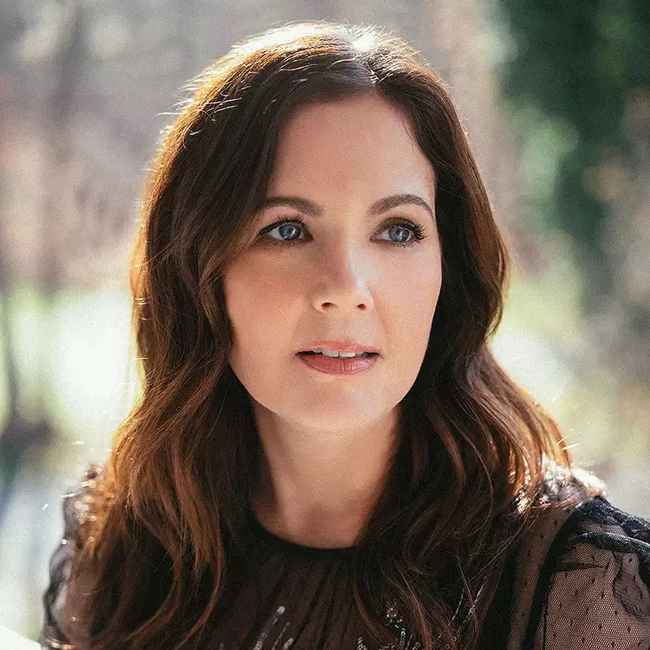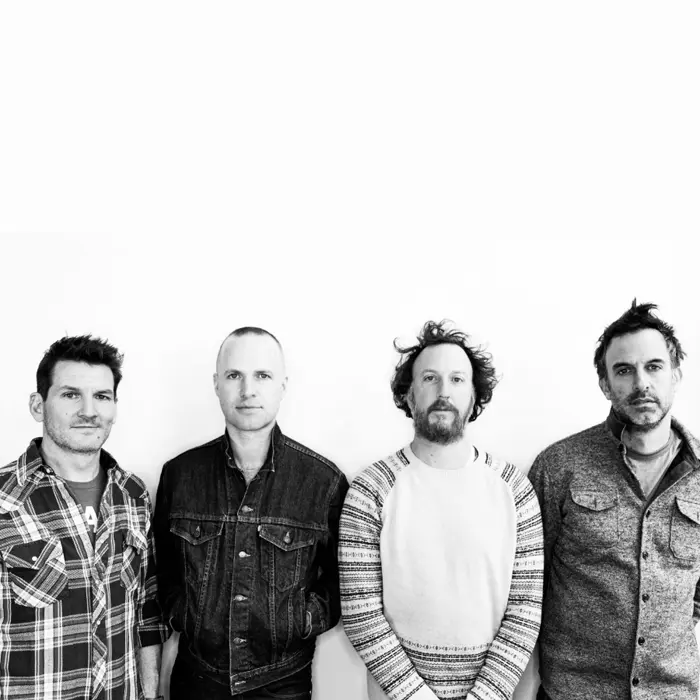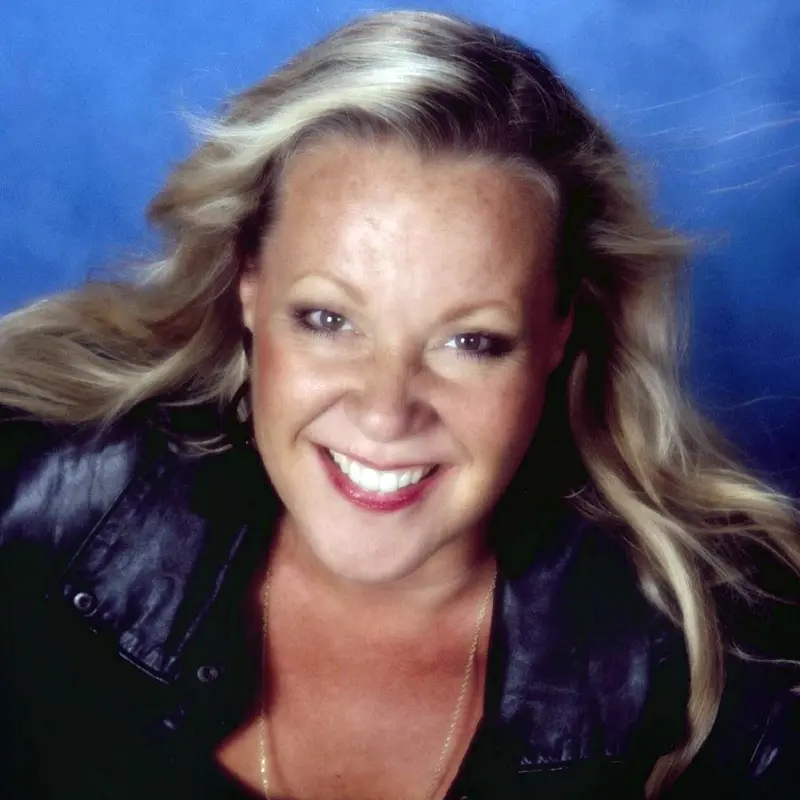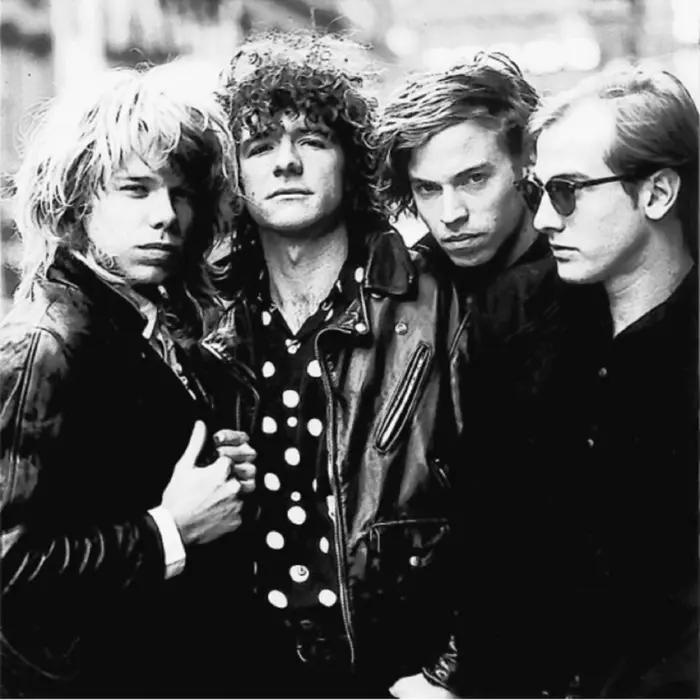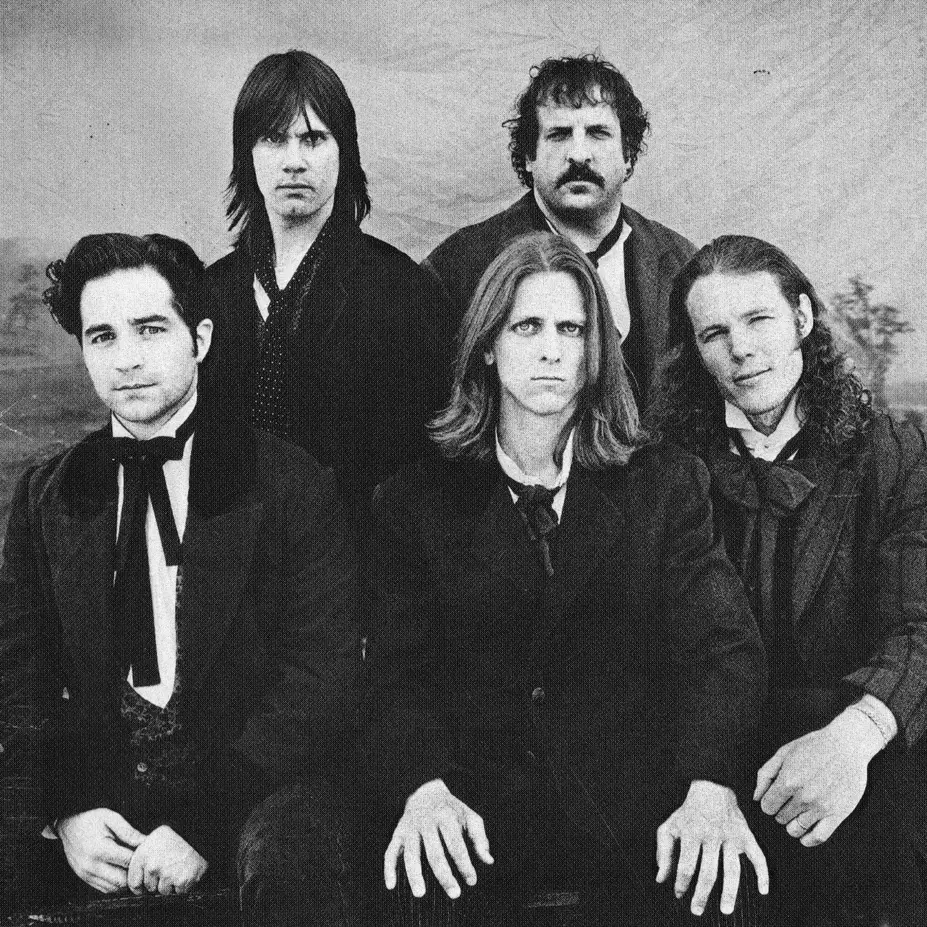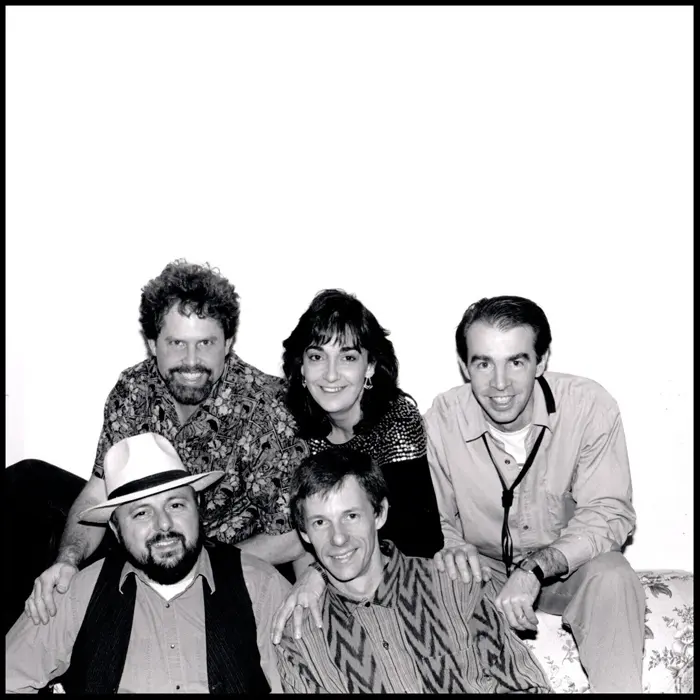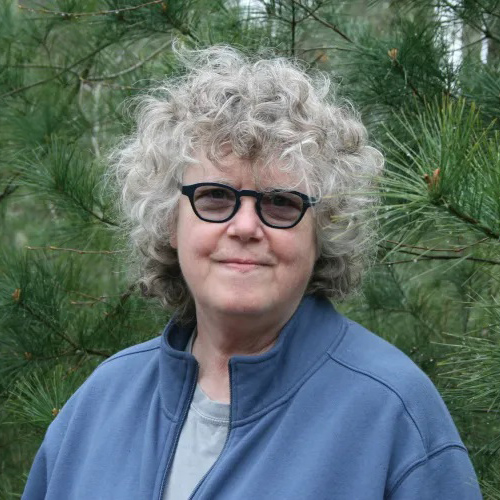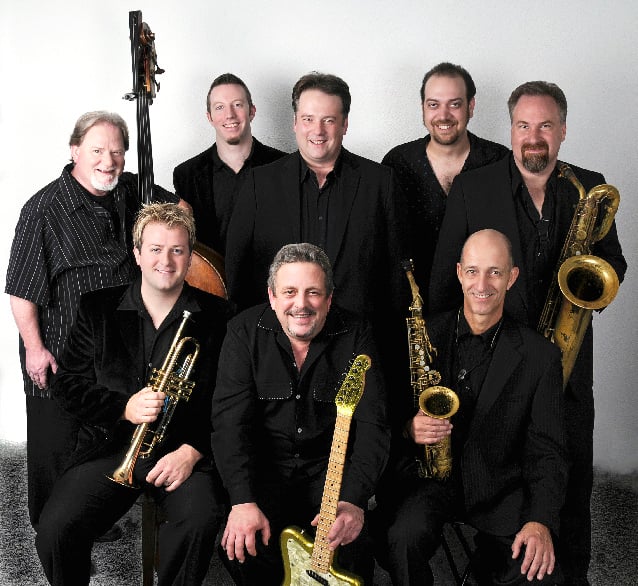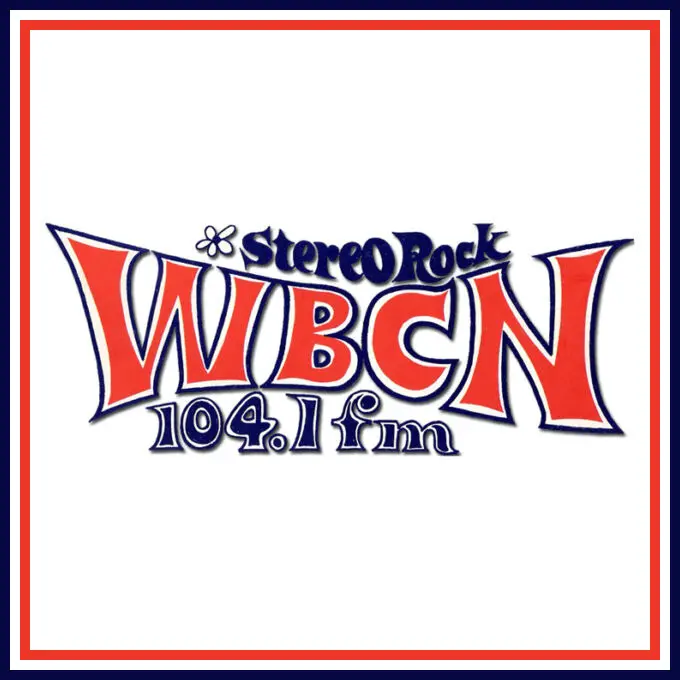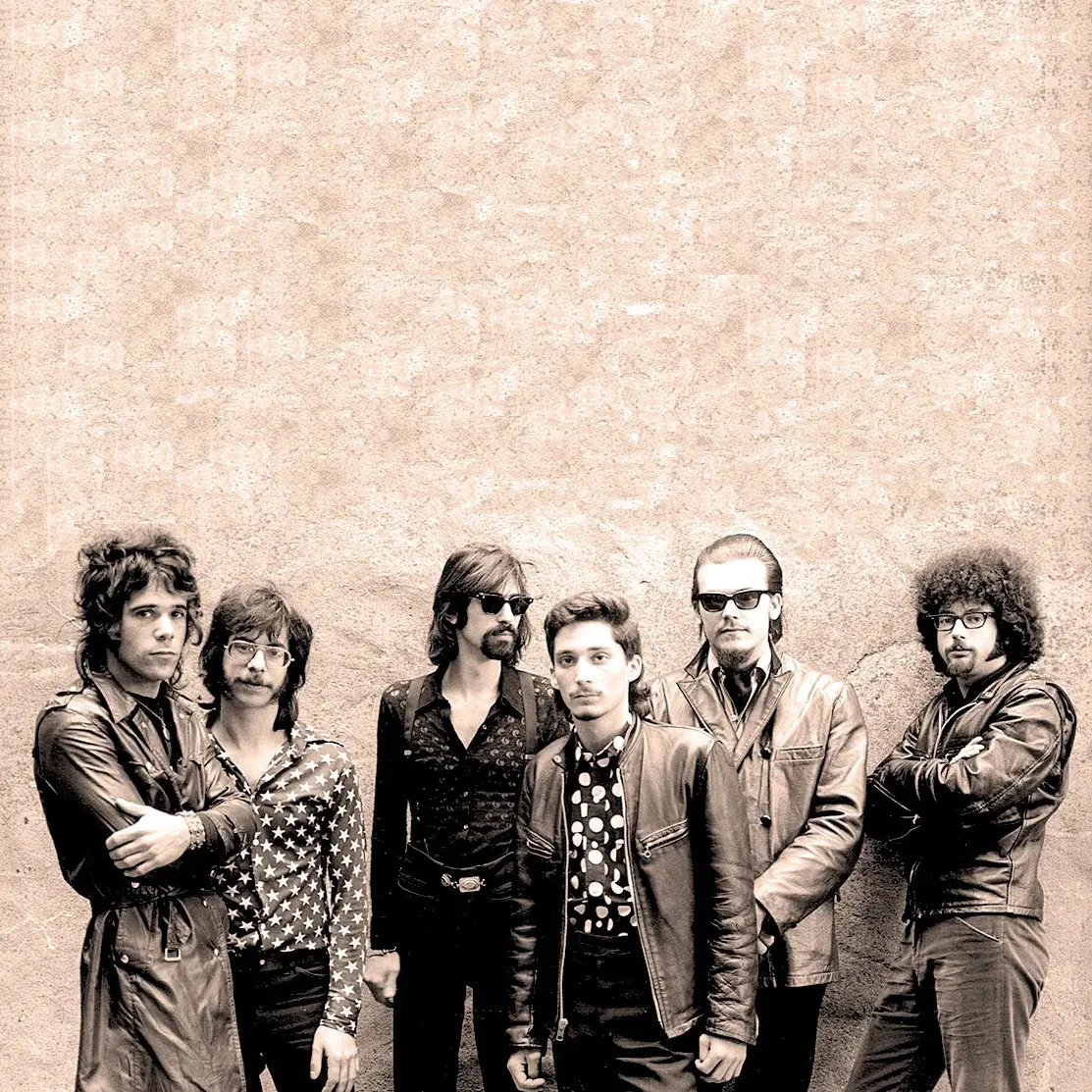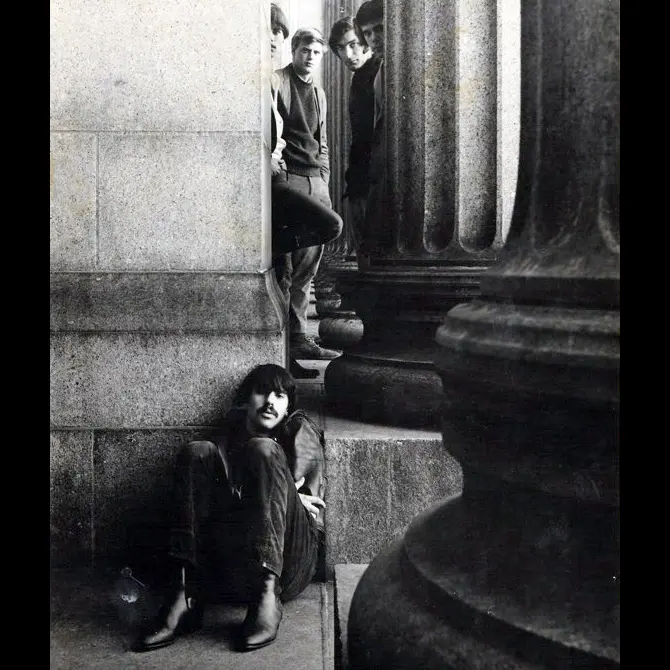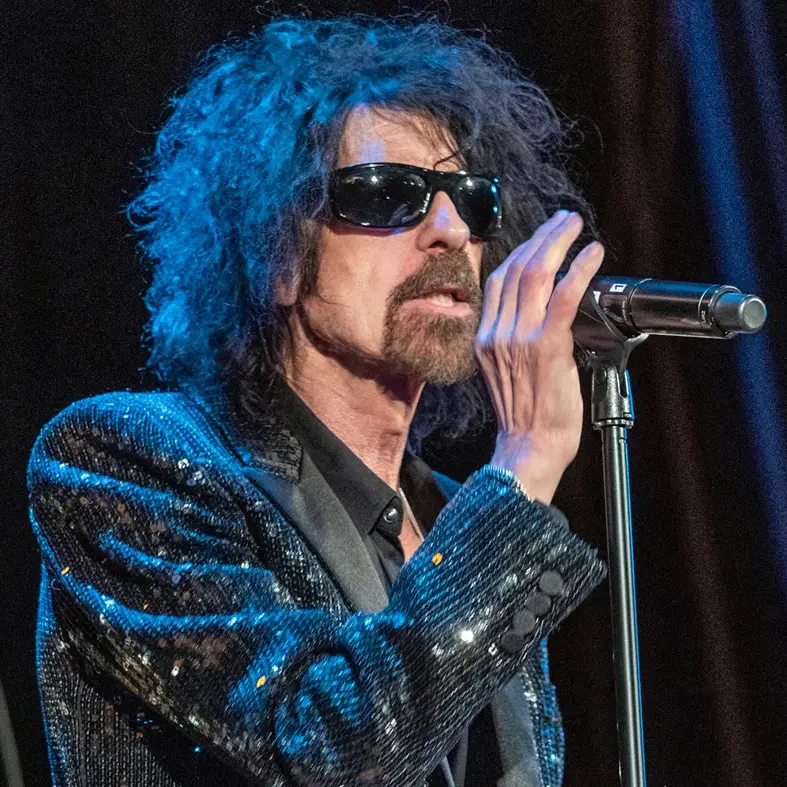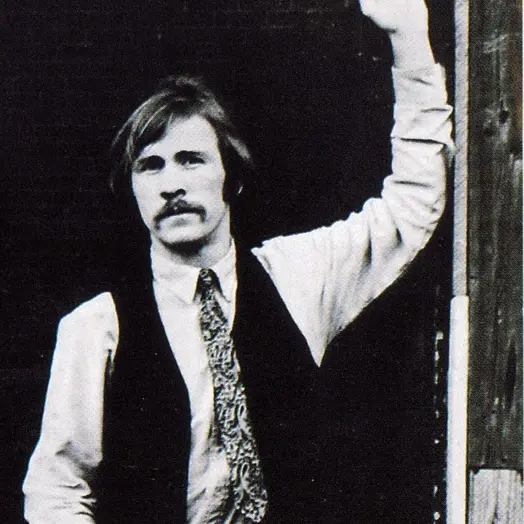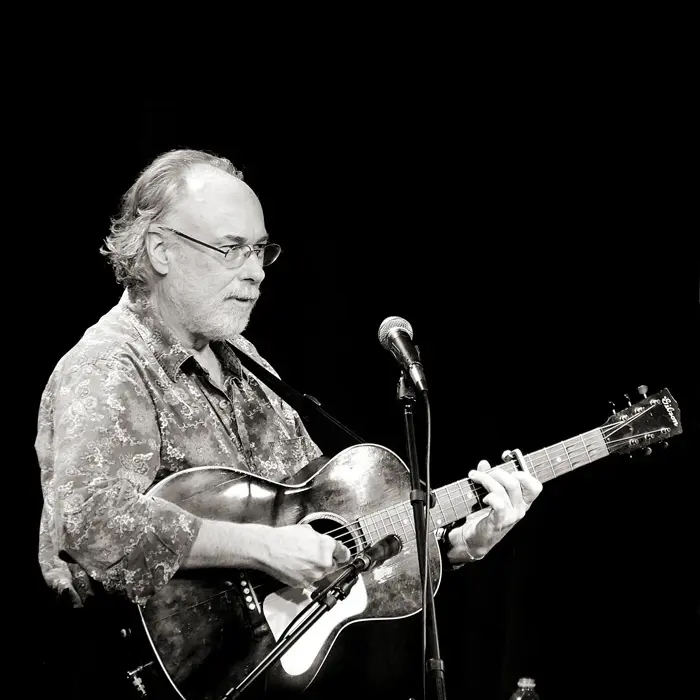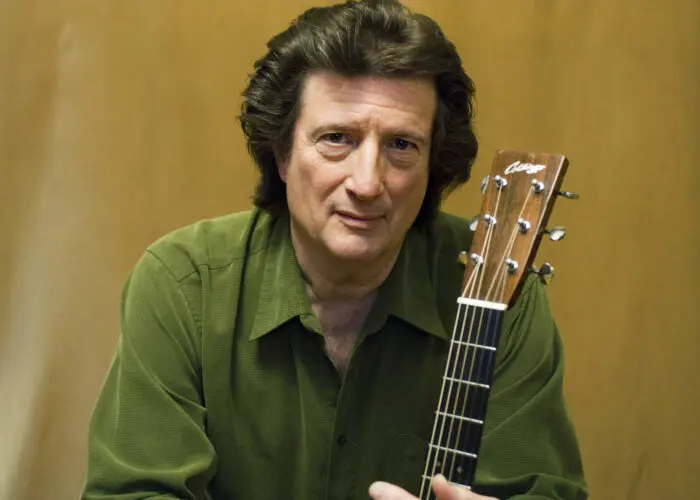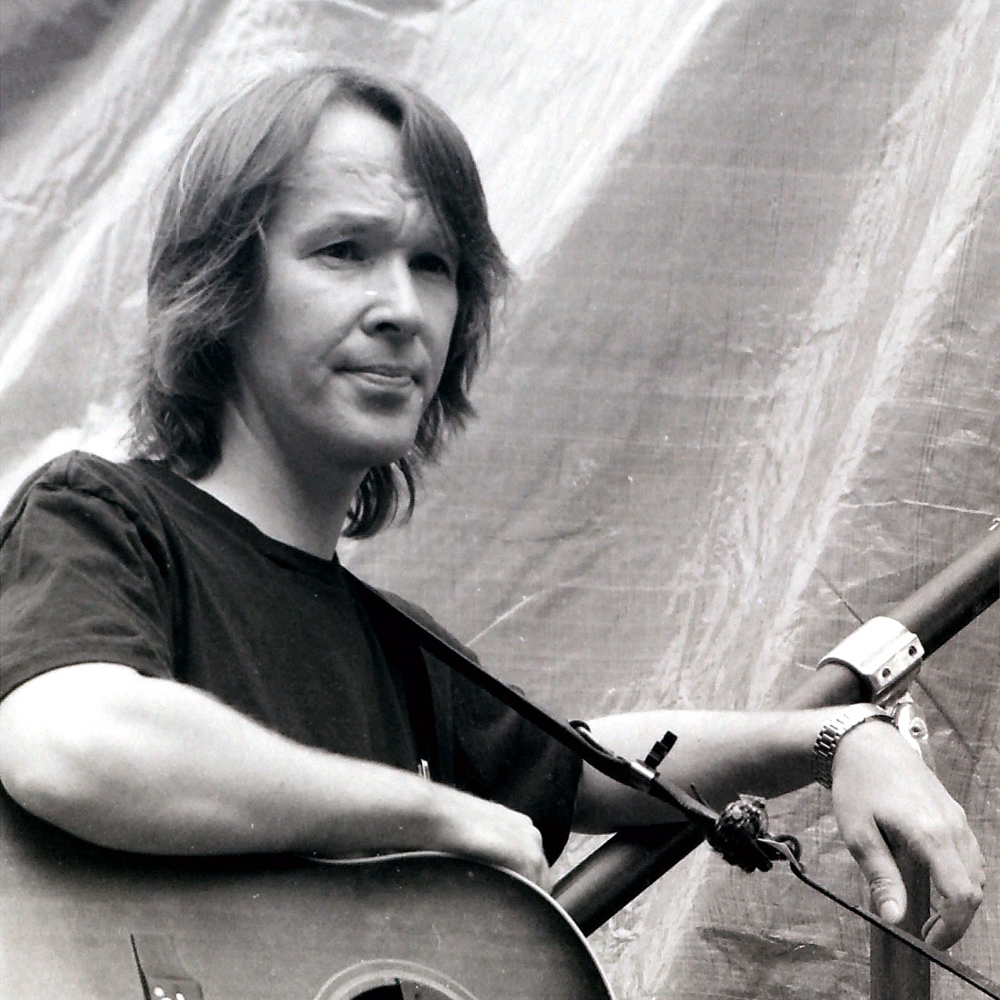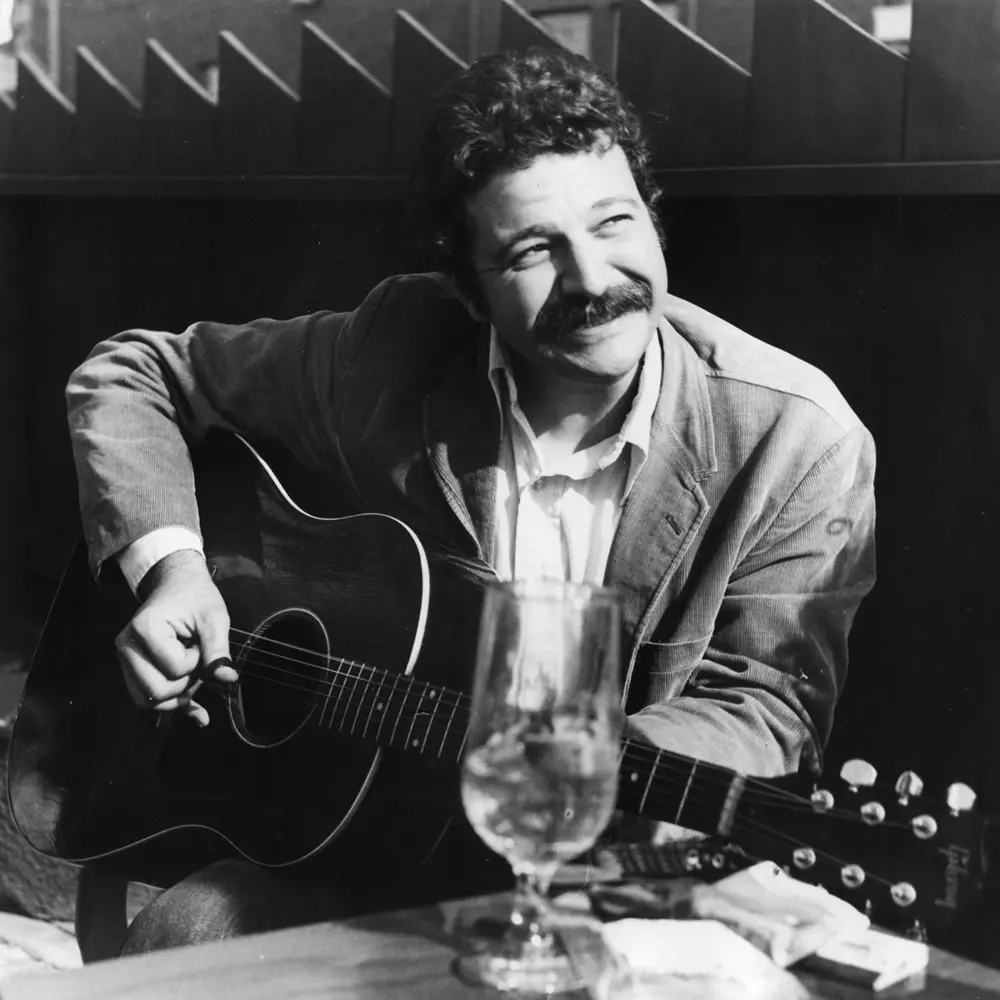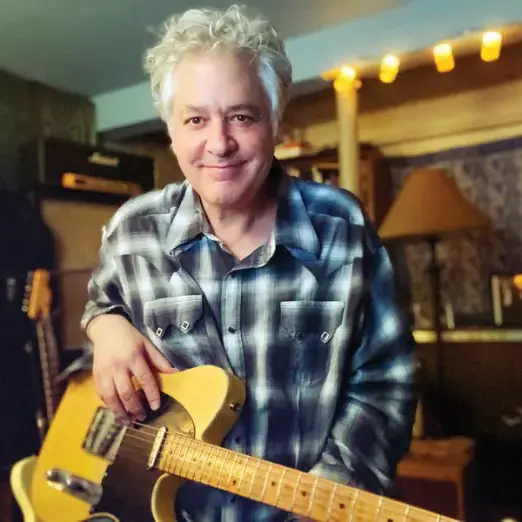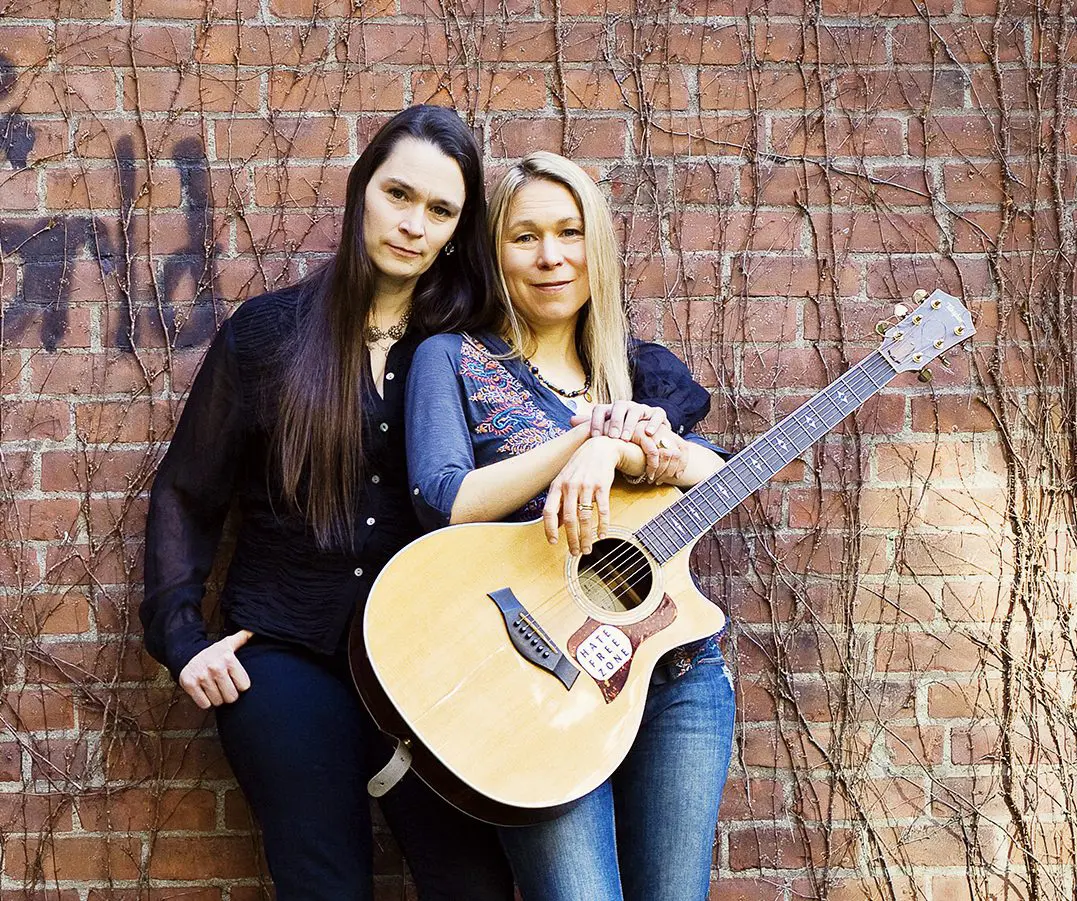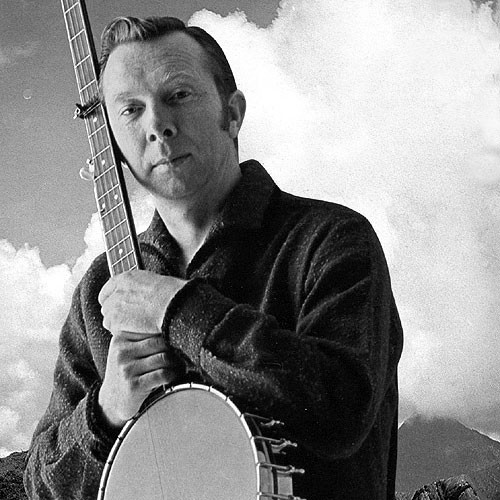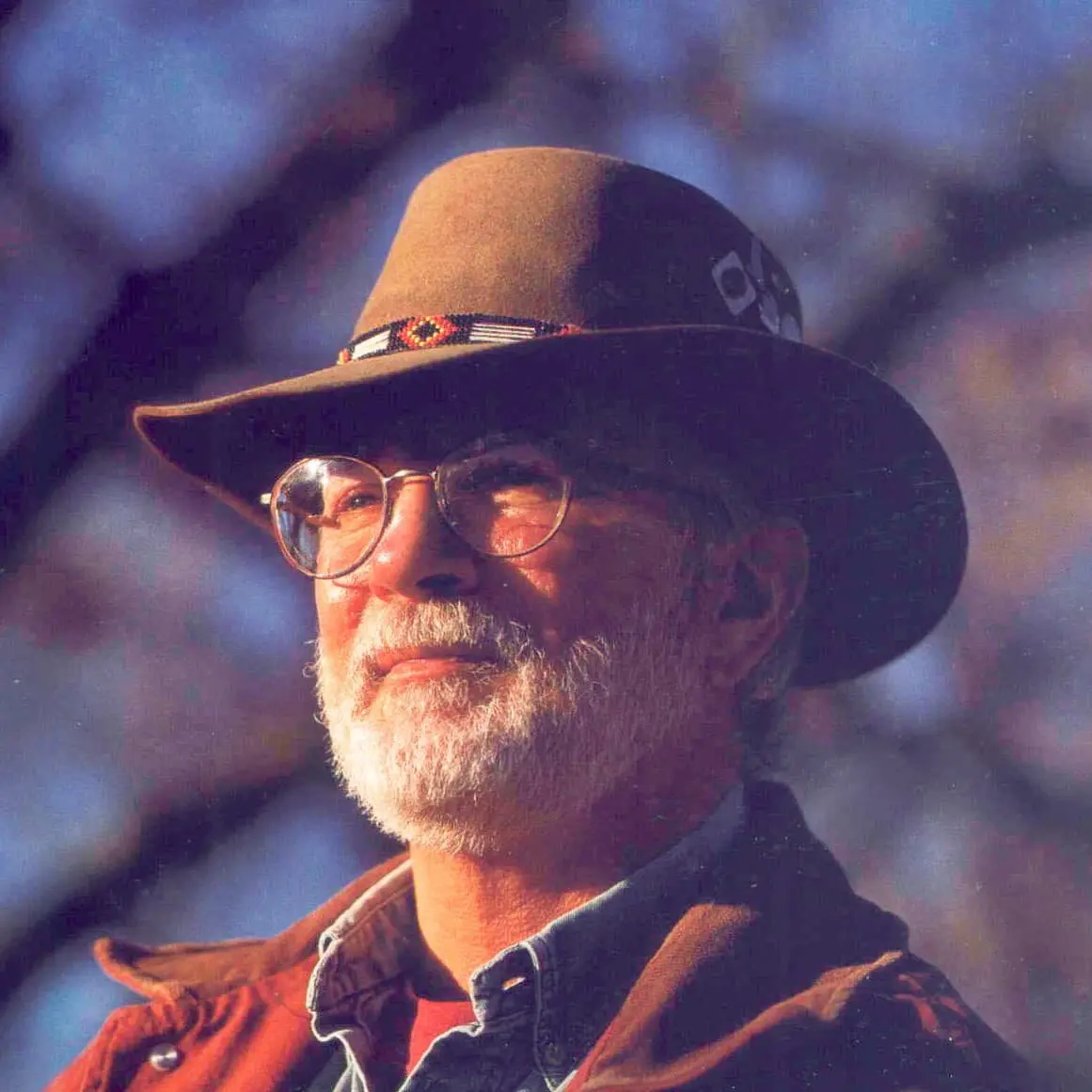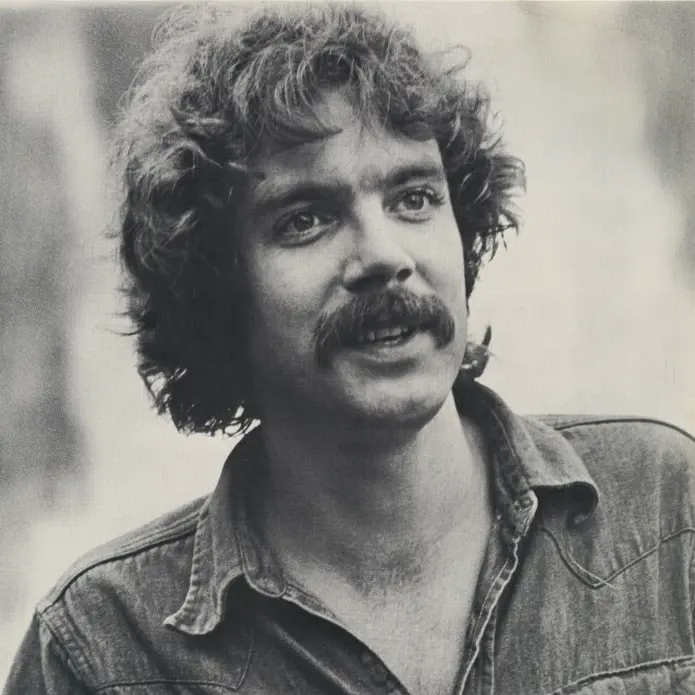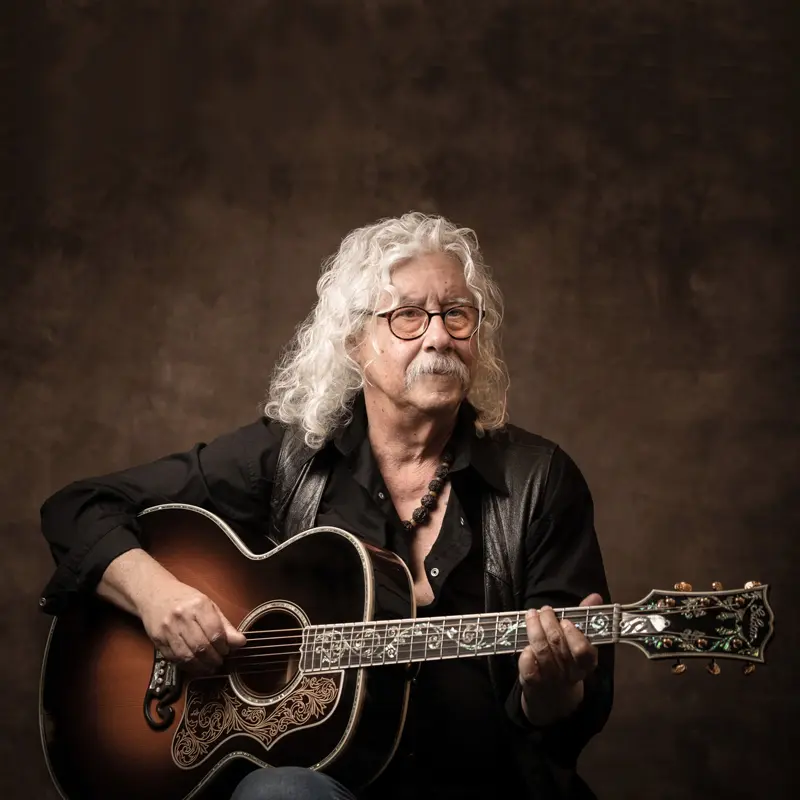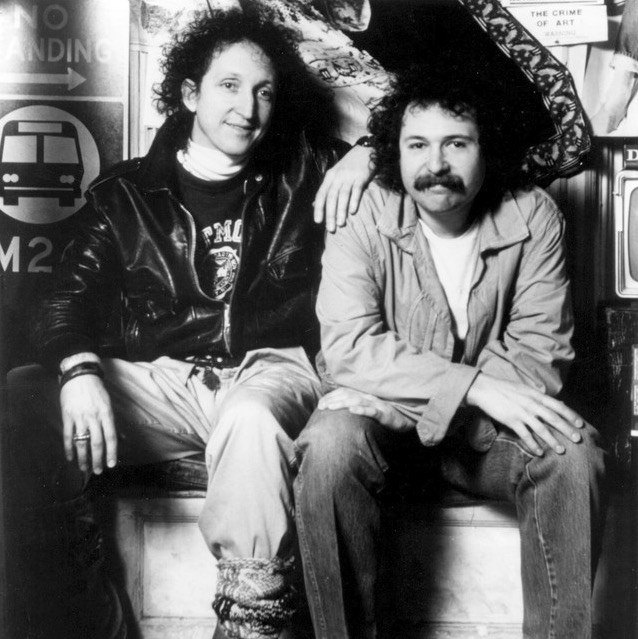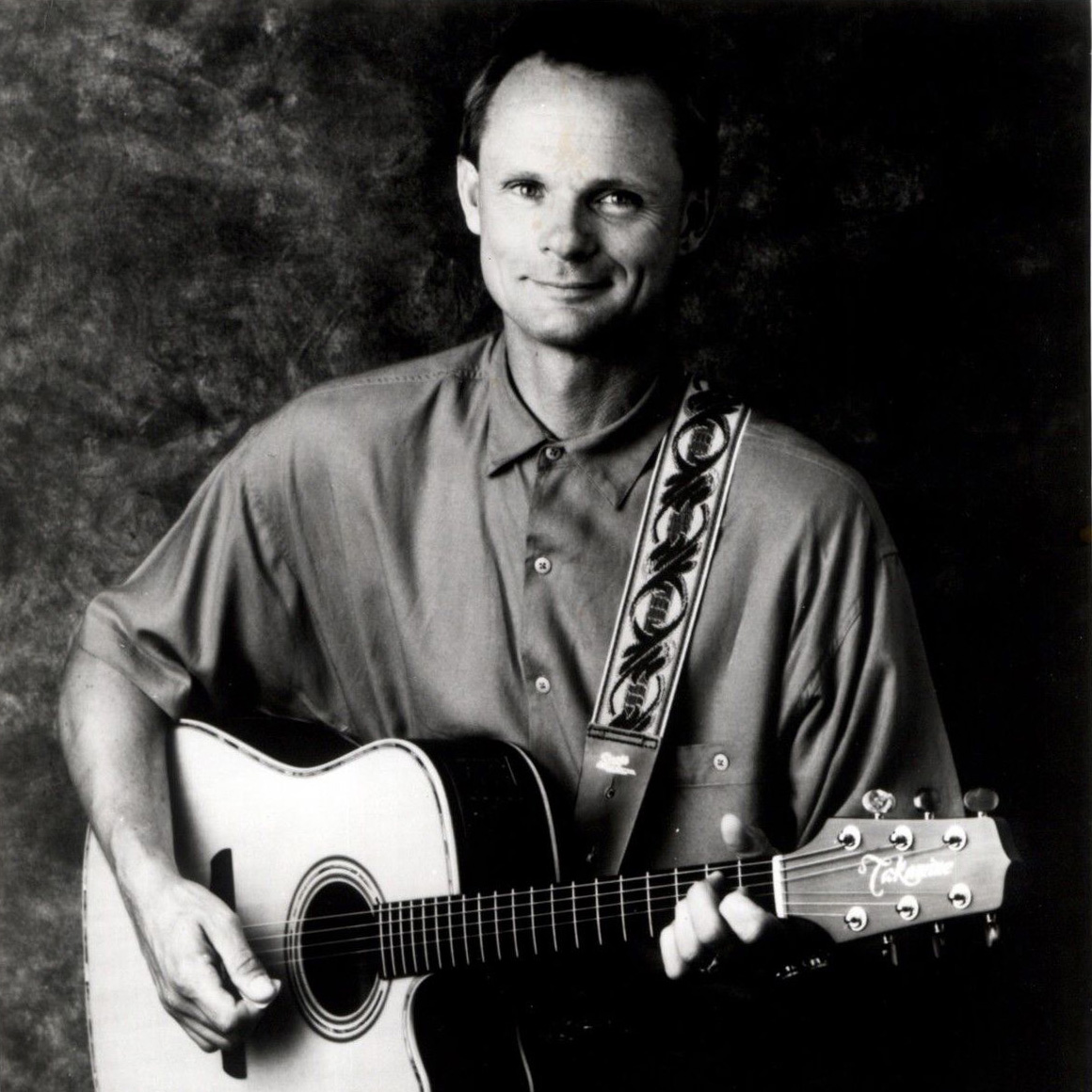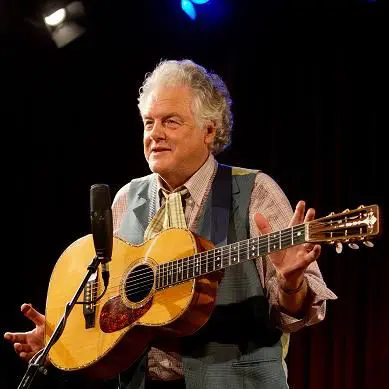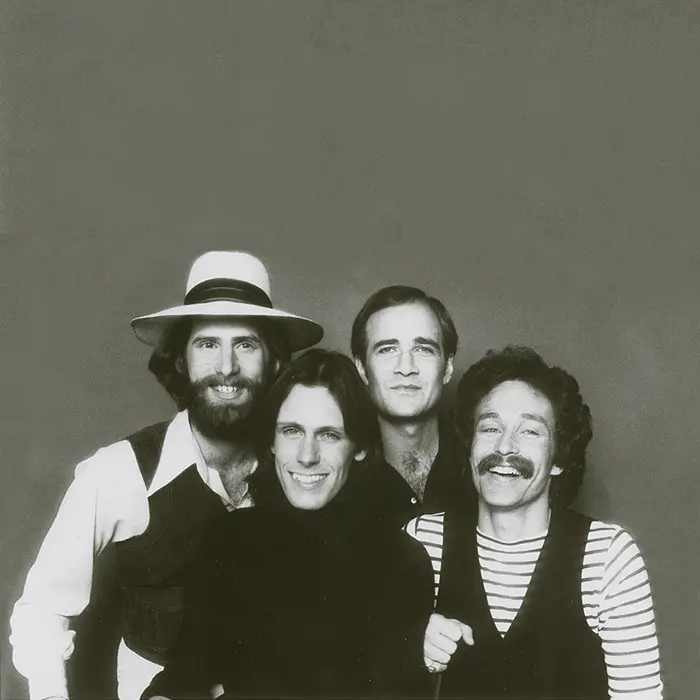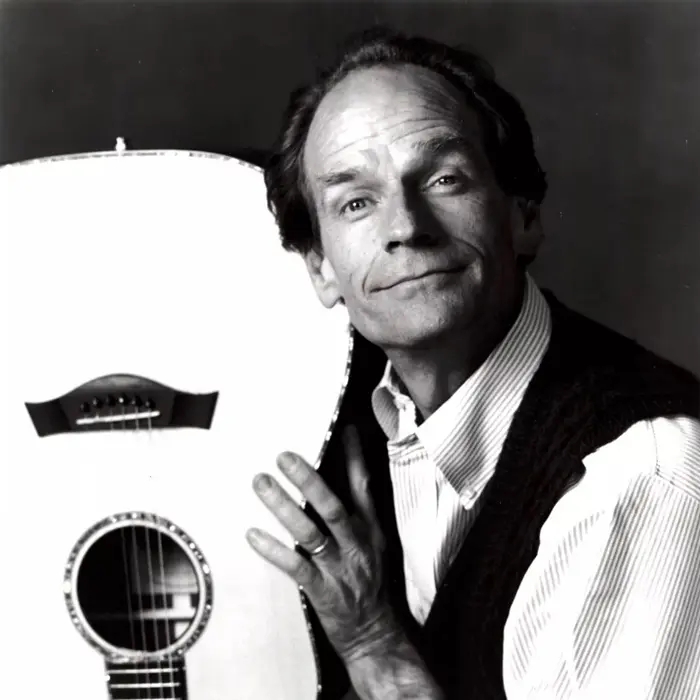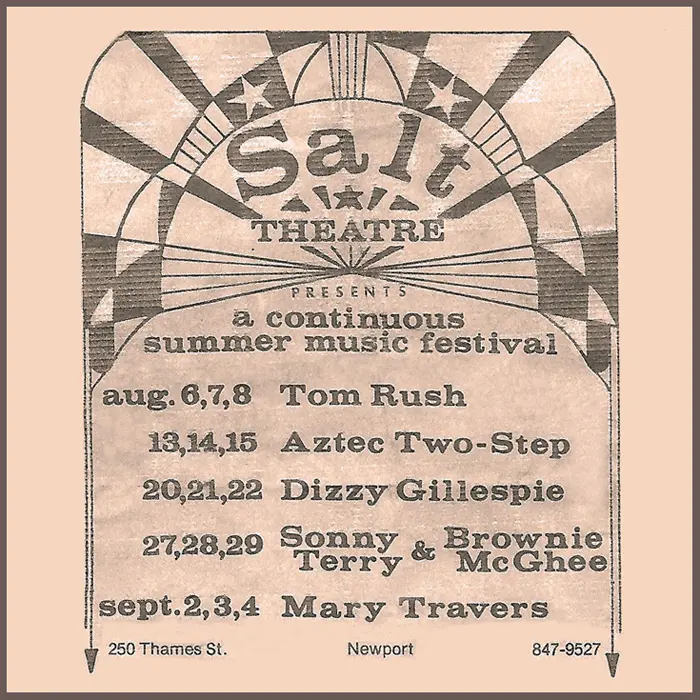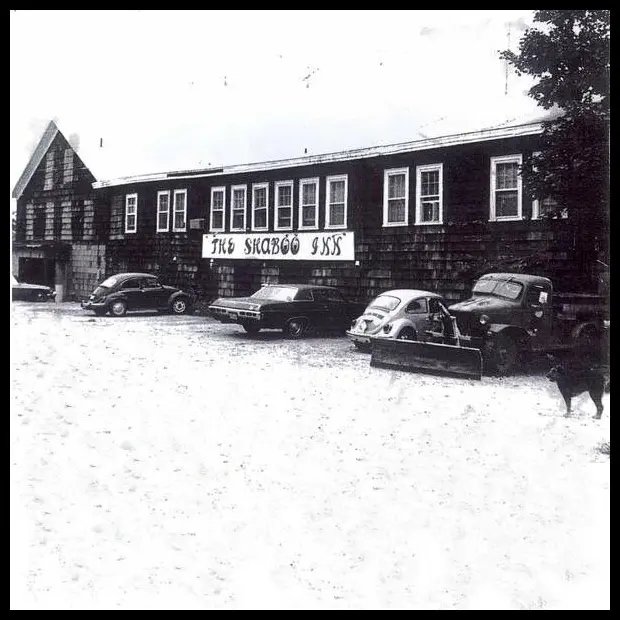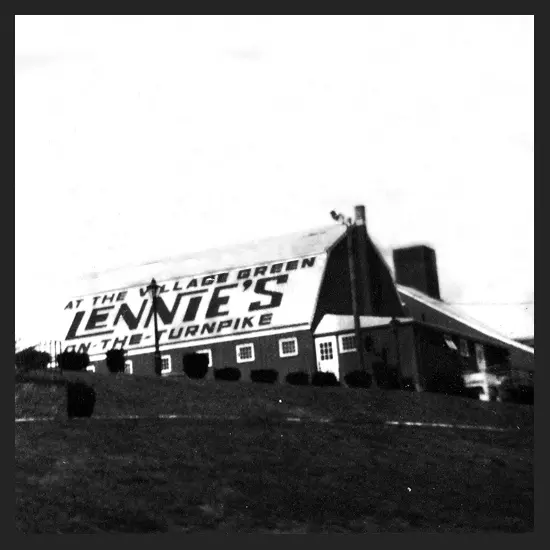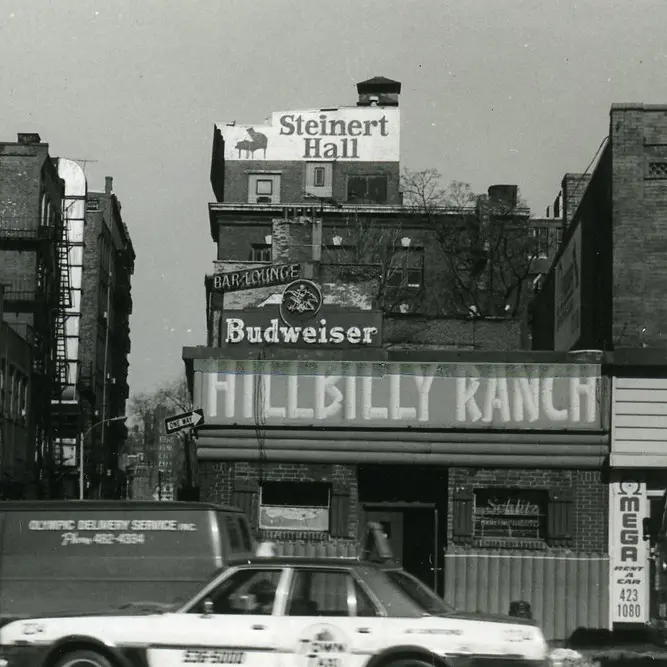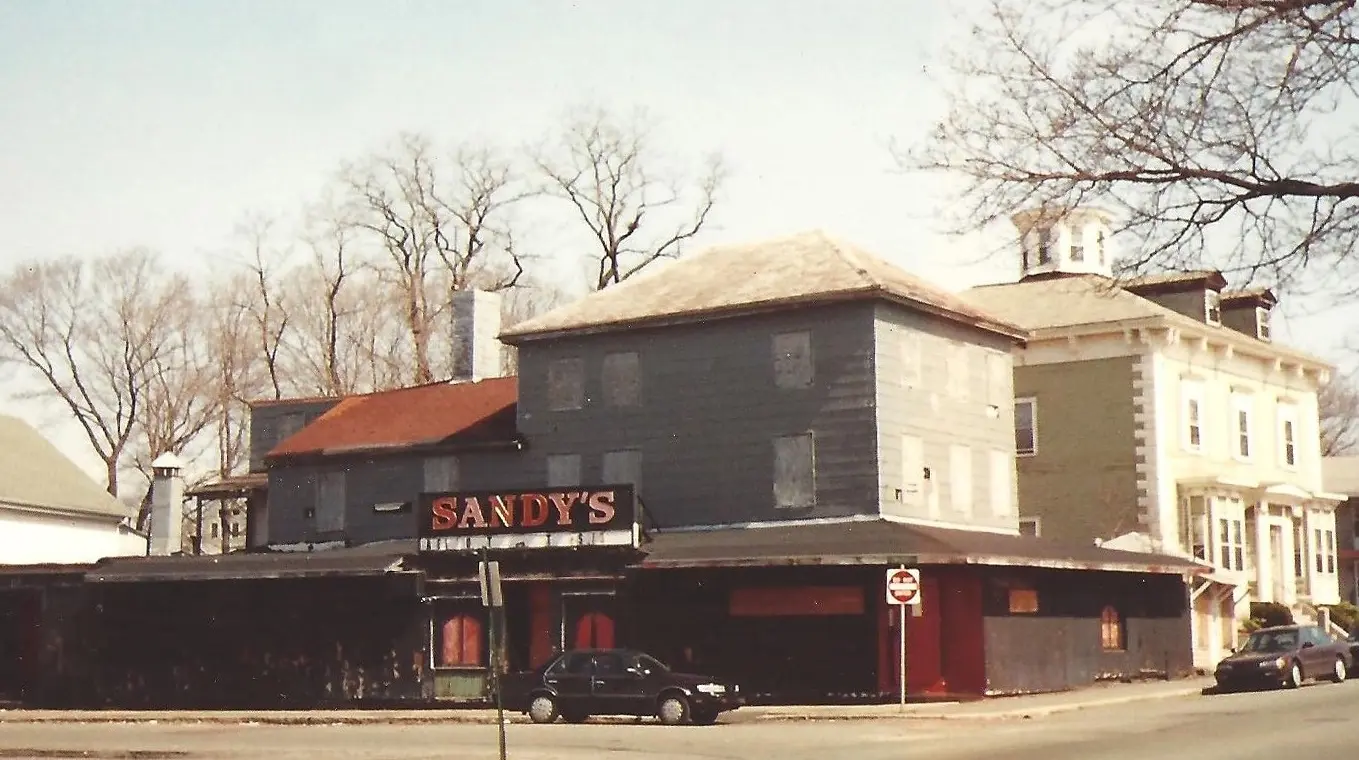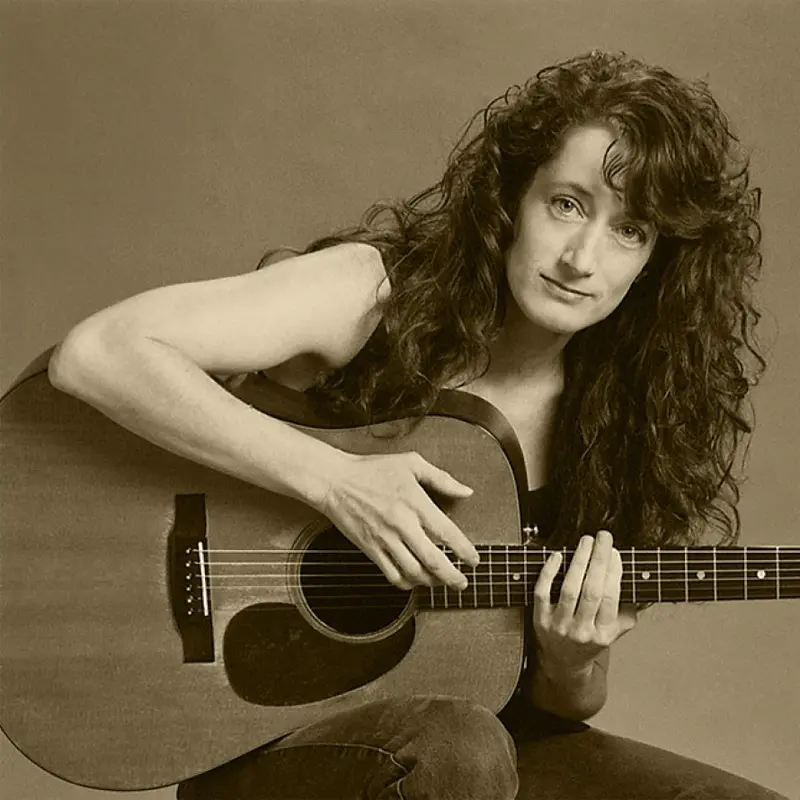Old Vienna Kaffeehaus
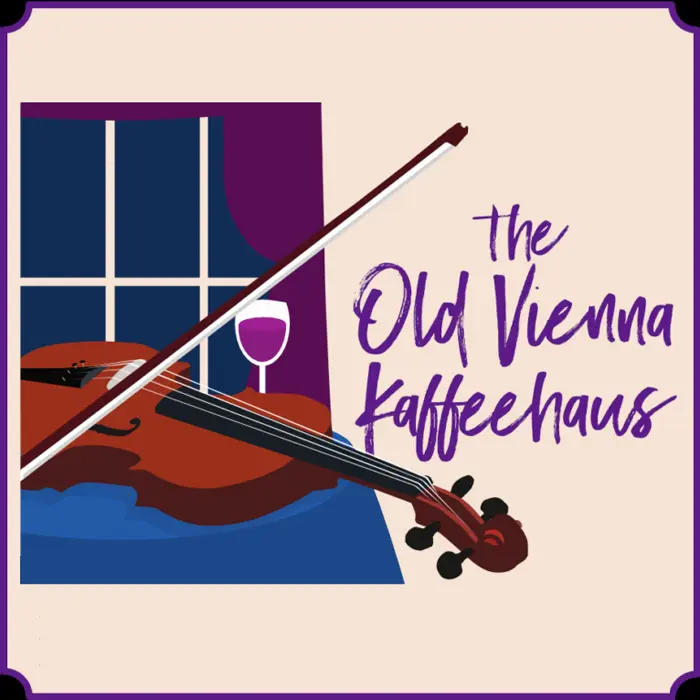
New England’s musical history is chock-full of small, off-the-beaten-path, long-gone venues that played an outsized role in the region’s scene, from SALT, the Shaboo Inn and Lennie’s on the Turnpike to Stonehenge Club, the Hillbilly Ranch and Sandy’s Jazz Revival. And among those special suburban spots is the Old Vienna Kaffeehaus, which had a capacity of just 125 but hosted some of folk’s most iconic acts and became an open-mic training ground for future stars including Dar Williams, Ellis Paul and Lori McKenna.
Opened in 1986 in Westborough, Massachusetts, a town of some 22,000 about 11 miles from Worcester and 30 from Boston, the OVK was above an Austro-Hungarian eatery, the Old Vienna Restaurant, at 22 South Street. Its location near the Massachusetts Turnpike and I-495 made it “close to everywhere and local to nothing,” owner Pam Graves once joked, noting that Westborough is technically Boston’s westernmost suburb but that it’s always had a thoroughly Worcester vibe.
Location advantage
When the OVK opened, the Worcester area already had a thriving acoustic-music scene supported by venues like Coffee Kingdom and Eleni’s Midnight Café, which were within the city itself. The OVK became the most prominent, however, by drawing internationally acclaimed artists like Kris Kristofferson, The Clancy Brothers’ Liam Clancy, The Byrds’ Roger McGuinn and B.J. Thomas, who sent “Raindrops Keep Falling on My Head” to #1 in the US and Canada in 1969.
Tim Mason, who was Coffee Kingdom’s booker before becoming OVK’s booker in the early ‘90s, said the OVK’s location near two major highways was a huge advantage in its ability to land top-tier talent. “Being at 495 and the Pike, we had a connection to Worcester because that’s where we came from, but we also had access to all the smaller communities that weren’t metropolitan,” he told Worcester magazine’s Meg Trogolo in March 2023. “Plus, we were very close to the western suburbs of Boston.”
Music, Poetry, Family-friendly atmosphere
Along with presenting both well-established and up-and-coming artists – mostly folk singer-songwriters, but not exclusively – the OVK hosted poetry readings, held open-mic nights every Thursday and was known for its warm, welcoming, family-friendly atmosphere. Regardless of whether the artist on stage was globally renowned or completely unknown even on the local circuit, they performed just a few feet away from their fans. “There was no way to be very far away from the audience when you were on that stage for a full house. You were literally surrounded by the audience and your back was to a wall,” Mason told Worcester magazine’s Trogolo. “To see somebody like Kris Kristofferson in that intimate of a setting was pretty exceptional.”
“Everyone was hanging on the words of the performers,” according to poet and regular audience member Jenith Charpentier. “That was the time when I really came to appreciate folk-singer banter, when the whole audience is in the palm of a performer’s hand, not only when they’re singing, but also when they’re talking in between.”
Notable appearances, Recordings
In addition to Kris Kristofferson, Liam Clancy, Roger McGuinn and B.J. Thomas, a parade of other well-known names from outside New England appeared at the OVK, particularly in the mid-‘90s. Among them were Jefferson Airplane’s Marty Balin, The Kingston Trio’s John Stewart, Bill Monroe, Richie Havens, Tom Paxton, Ramblin’ Jack Elliot, Holly Near, Gil Scott-Heron, Shawn Colvin, Loudon Wainwright III, Dave Van Ronk, Tom Chapin, Country Joe McDonald, Rosalie Sorrels, John McCutcheon, Leon Redbone, John Hammond, David Bromberg, Alison Krauss, Ani DiFranco and Big Brother & The Holding Company.
Aside from Dar Williams, Ellis Paul and Lori McKenna, other New England-rooted artists who took to the OVK stage included Tom Rush, Arlo Guthrie, Aztec Two-Step, Jonathan Edwards, Martin Sexton, Peter Rowan, The Shaw Brothers, Livingston Taylor, The Pousette-Dart Band, Don White, Tommy Makem, Vance Gilbert, Chris Smither, Cheryl Wheeler, Bill Staines, Greg Brown, Geoff Bartley, Bill Morrissey, Duke Levine, Paul Geremia, Patty Larkin, Jamie Brockett and The Nields. A regular rotation of non-folk acts from the region also appeared including Bluestime (featuring J. Geils and Magic Dick of The J. Geils Band), former frontman of The Hallucinations and The J. Geils Band Peter Wolf, alt-rockers Guster, acoustic guitar and drum duo Jabbering Trout, jazz vocalist Rebecca Parris, rockers The Del Fuegos, alt-country pioneers The Swinging Steaks and zydeco/R&B quintet The Boogaloo Swamis.
In October 1988, The Byrds’ Gene Clark appeared at the OVK and WBCN aired a simulcast of his set; Clark returned in May 1989 and recorded the album Live in Old Vienna Kaffeehaus. In May 1993, Smithsonian Folkways and New York City-based cooperative Fast Folk Musical Magazine released The Old Vienna Tapes, Vol. 2, 1993, a collection of 16 tunes played by the artists who wrote them, recorded live at the OVK earlier that year. The disc includes tracks by singer-songwriters Scott Alarik, Greg Greenway and Diane Ziegler, pianist Timothy Mason, jazz singer Diana Kirk, violinist Amanda Carr and multi-instrumentalist Mike Duffy.
Final show, Closing
After the Old Vienna Restaurant’s owners announced plans to close, the OVK hosted its final show on December 31, 1996, headlined by former Roomful of Blues lead guitarist Ronnie Earl and his band, The Broadcasters. Within two years, there was a new venue in Worcester drawing a very similar crowd, Café Fantastique (on Southbridge Street, inside Rotmans Furniture); it closed in 2022.
Bill MacMillan, the booker at Coffee Kingdom and Eleni’s when the OVK was open, said its closing was simply part of the natural ebb and flow of the music business. “It used to be common for kids from the punk scene, the alternative scene and the metal scene to come down and catch the acoustic shows, so the Old Vienna was in the right place at the right time,” he explained to Worcester magazine’s Trogolo. “Every scene goes through its peaks and valleys. I don’t think the ‘90s scene was any different.”
(by D.S. Monahan)

